The Healthcare Vision of ChatGPT-4o and Multimodal LLMs
The Medical Futurist
JUNE 21, 2025
Current medical AIs only process one type of data, for example, text or X-ray images. To diagnose and treat a patient, a healthcare professional listens to the patient, reads their health files, looks at medical images and interprets laboratory results. However, medicine, by nature, is multimodal as are humans.

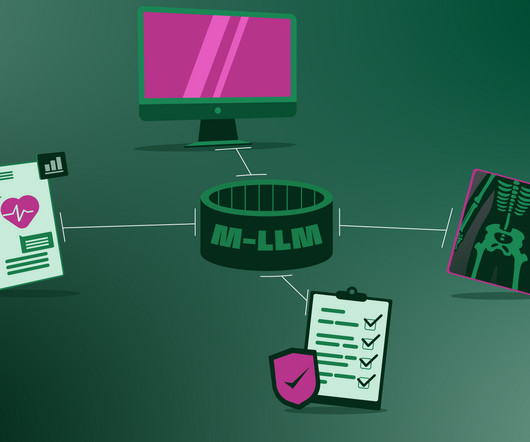
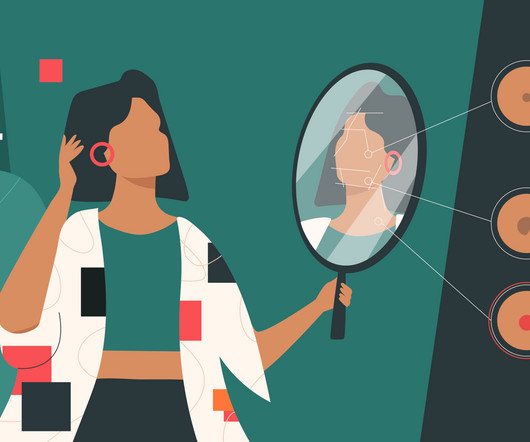
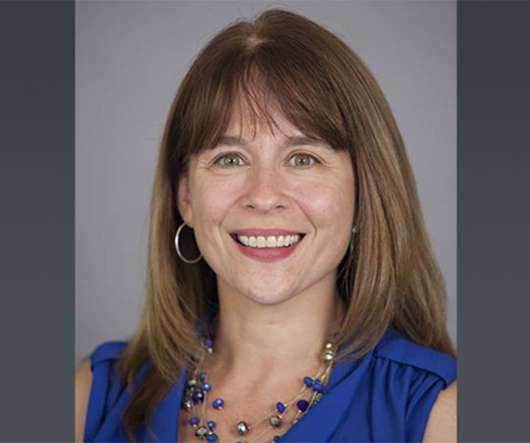
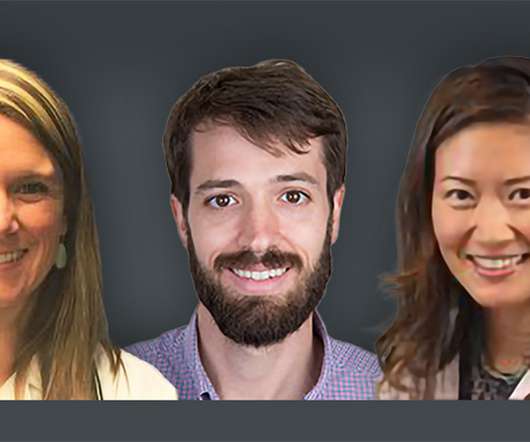
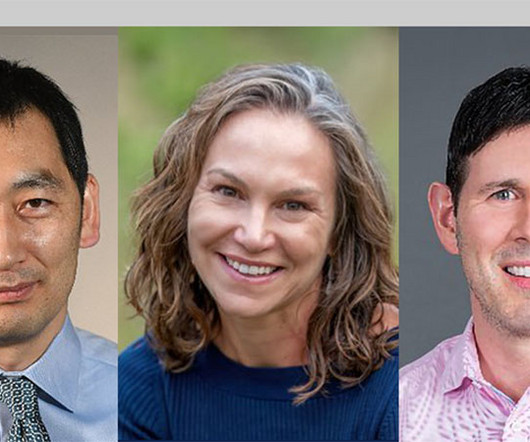
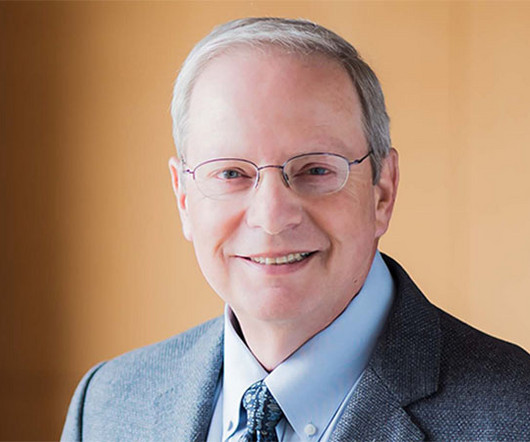






Let's personalize your content